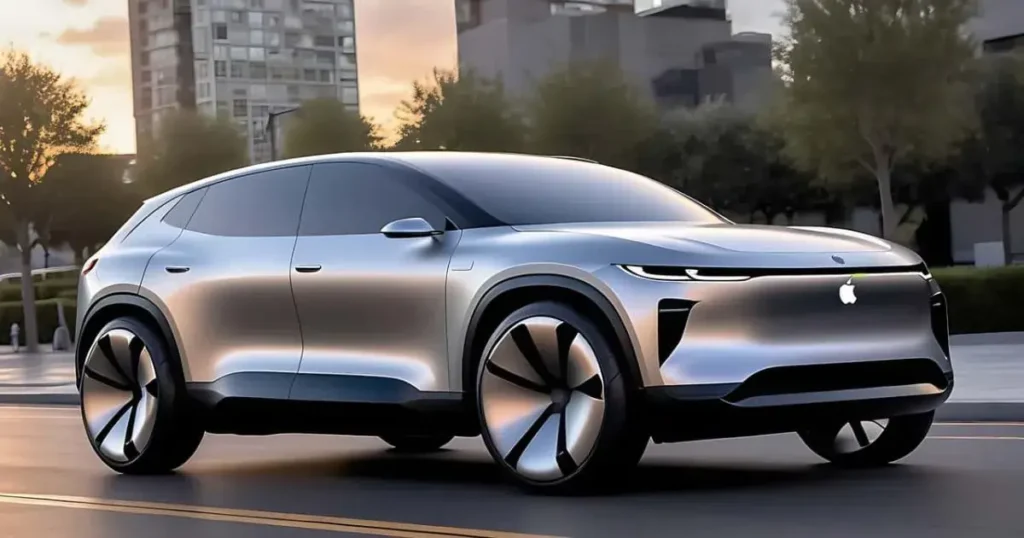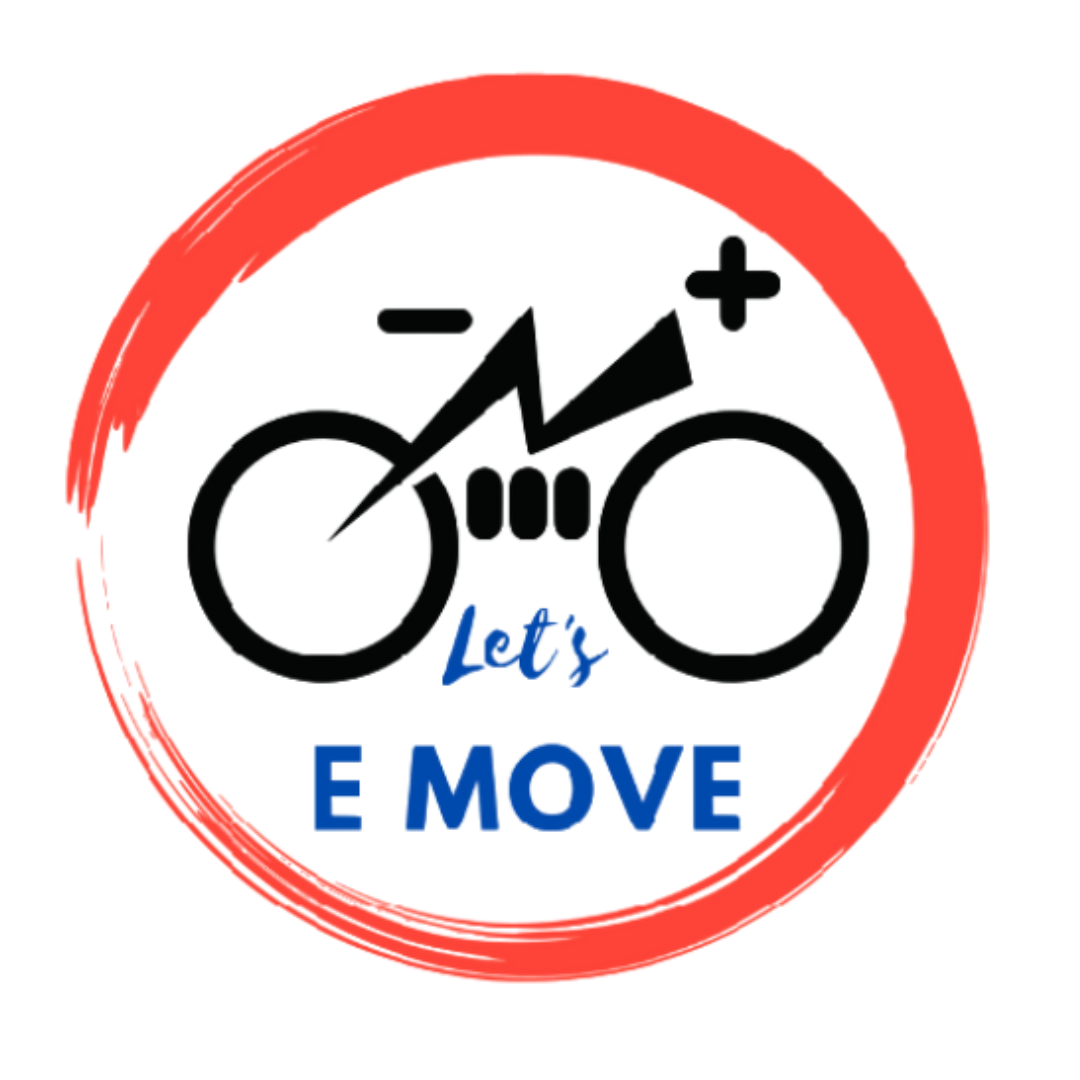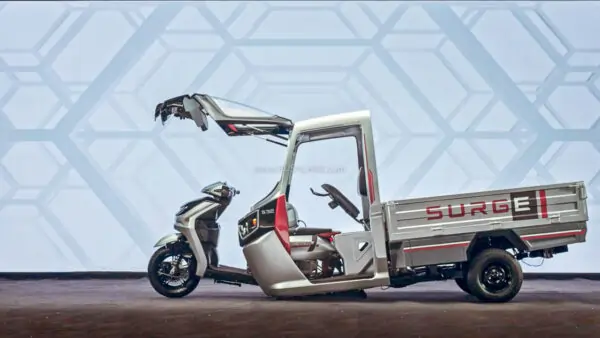
Cupertino, CA – Apple has announced that it is dialing back some of the self-driving capabilities planned for its electric car and delaying the launch from 2026 to 2028. The tech giant had originally envisioned a fully autonomous vehicle with no steering wheel or pedals but has had to temper expectations due to ongoing challenges in developing self-driving software.
“While we remain committed to delivering a revolutionary electric vehicle, some of the early optimism around full autonomy has given way to pragmatism,” said Apple CEO Tim Cook. “Safety is still our top priority, and we will not go to market with any features that do not meet our high standards.”

The new timeline pushes the launch of Apple’s car closer to when other automakers expect to release autonomous vehicles. The delay indicates how much work still needs to be done to tackle technical problems around having cars drive themselves safely.

Apple’s self-driving car, codenamed “Project Titan,” has suffered strategy shifts and personnel changes since it was first rumored to be in development in 2014. Now in its fifth year, the project remains shrouded in secrecy, although some details have started to emerge.
Also Read – Tata Motors Aims to Sell 25,000-30,000 More Electric Punch Models This Year
Key Details on Apple’s Self-Driving Car Plans:
- Launch delayed from 2026 to 2028
- Fully autonomous model scrapped in favor of limited self-driving features
- Development challenges caused strategy shifts and leadership changes
- Safety concerns led decision to keep the steering wheel and pedals
- Will compete with GM, Ford, and others entering the autonomous market in the late 2020s
Analysts say Apple’s more conservative approach makes sense given the industry’s gradual evolution towards autonomy and the regulatory challenges still ahead.
“The earlier timeframe was unrealistic for full autonomy based on where the tech is today,” said Piper Sandler analyst Tony Sacconaghi. “This is a difficult, complex endeavor that requires billions in investment. Getting to limited self-driving capabilities by the late 2020s would still be impressive.”
But Apple risks losing its first-mover advantage to other automakers and tech firms racing to put autonomous cars on the road sooner.
Tesla CEO Elon Musk said he expects the company’s Autopilot system to enable full self-driving capability by the end of 2023. Google affiliate Waymo has already launched a limited ride-hailing program using self-driving minivans in Phoenix. GM’s Cruise and Amazon’s Zoox also aim to operate autonomous taxi services within a few years.
“Apple is trying to leapfrog competitors with self-driving technology, but its timeline keeps slipping while others move ahead,” said Gartner analyst Michael Ramsey. “Even limited autonomy by 2028 may be too little too late versus offerings from incumbent carmakers.”
Apple downplayed any disadvantage from delaying launch plans and said taking more time allows it to develop a superior product.
“This is a profoundly complex project requiring cutting-edge innovation across a broad range of technologies,” said Apple’s self-driving car software chief John Giannandrea. “Our team is making excellent progress refining the design and we look forward to launching this transformative vehicle when the time is right.”
Also Read – Tesla on Pace to Shed $50 Billion in Market Cap After Sales Warning
Despite the setbacks, Apple seems committed to pushing ahead in self-driving technology which it sees as vital to the future of transportation. The company has over 1,000 engineers developing autonomous systems it hopes will eventually enable vehicles operated entirely by artificial intelligence.
But regulatory uncertainty also looms large as federal agencies draft new rules governing self-driving cars. Apple said it aims to navigate policy issues to allow the deployment of its autonomous vehicle safely and responsibly. The delayed timeline may help those regulations come into clearer focus.

“We are excited by the potential for autonomous systems to enhance transportation while saving lives,” Giannandrea said. “We will put safety first and deliver this technology responsibly while we keep innovating to achieve its extraordinary promise.”
“While we remain committed to delivering a revolutionary electric vehicle, some of the early optimism around full autonomy has given way to pragmatism,” said Apple CEO Tim Cook. “Safety is still our top priority, and we will not go to market with any features that do not meet our high standards.”
“The earlier timeframe was unrealistic for full autonomy based on where the tech is today,” said Piper Sandler analyst Tony Sacconaghi. “This is a difficult, complex endeavor that requires billions in investment. Getting to limited self-driving capabilities by the late 2020s would still be impressive.”
“Apple is trying to leapfrog competitors with self-driving technology, but its timeline keeps slipping while others move ahead,” said Gartner analyst Michael Ramsey. “Even limited autonomy by 2028 may be too little too late versus offerings from incumbent carmakers.”
“This is a profoundly complex project requiring cutting-edge innovation across a broad range of technologies,” said Apple’s self-driving car software chief John Giannandrea. “Our team is making excellent progress refining the design and we look forward to launching this transformative vehicle when the time is right.”
“We are excited by the potential for autonomous systems to enhance transportation while saving lives,” Giannandrea said. “We will put safety first and deliver this technology responsibly while we keep innovating to achieve its extraordinary promise.”







